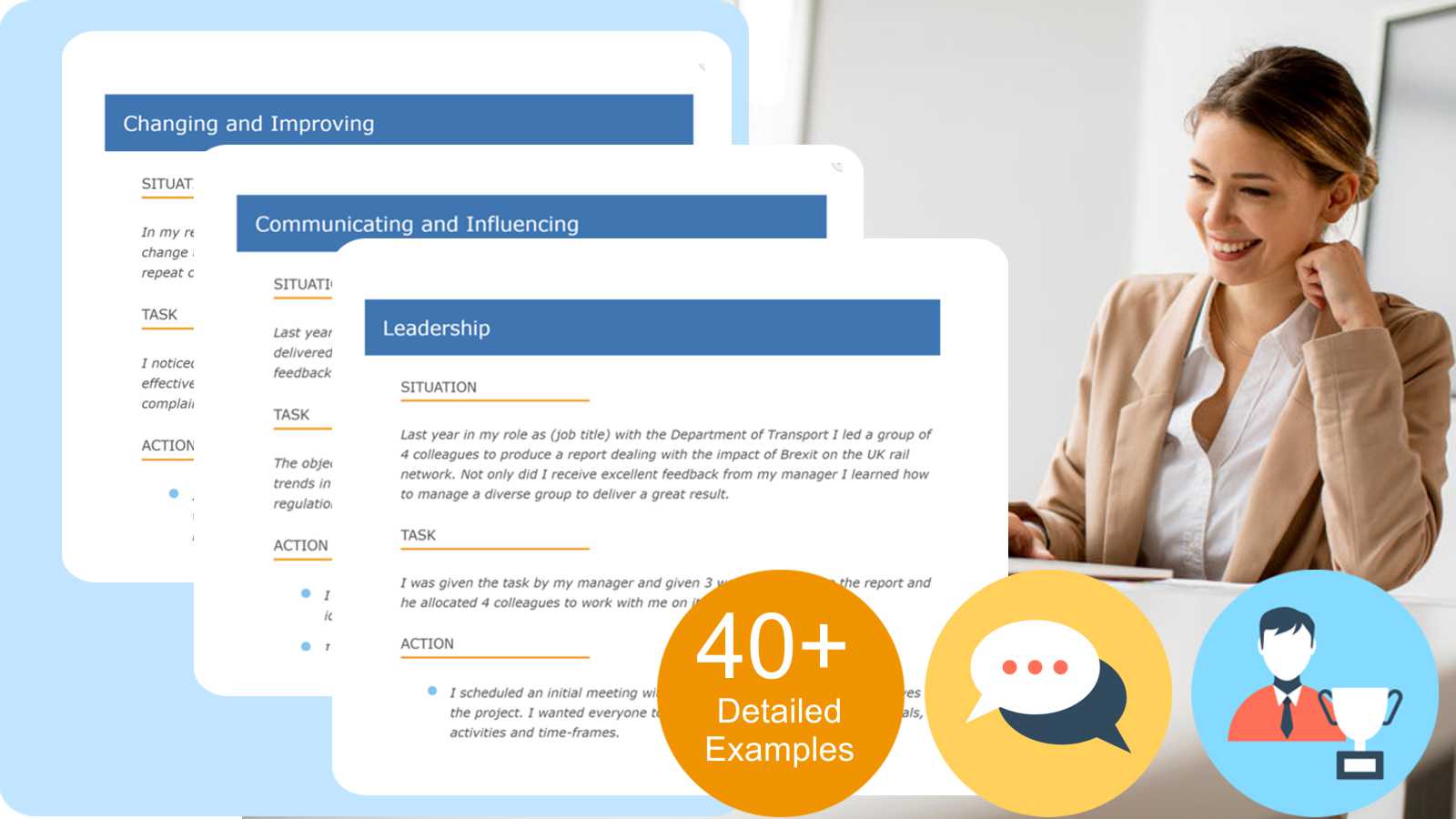 Are you facing a job interview in Marketing? Perhaps you are climbing the career ladder in a PR or Advertising type role? Maybe like the Mad Men characters in the popular TV series you love the thrill of client interaction and selling?
Are you facing a job interview in Marketing? Perhaps you are climbing the career ladder in a PR or Advertising type role? Maybe like the Mad Men characters in the popular TV series you love the thrill of client interaction and selling?
Whatever your reasons for applying for a job in Marketing, you will first have to pass the interview.
In my experience a marketing interview can be a considerable challenge, however the fact is if you are a good marketing and sales person then you should be able to breeze through the interview. An interview is after all a communication and selling exercise, two of the skills vital for success in such a career.
In this article I detail 14 of the toughest marketing interview questions you can come across plus give guidance and sample answers.
6 Core Competencies for Your Marketing Interview
In a marketing job, a combination of diverse skills is essential to successfully navigate the dynamic and competitive landscape.
Here are six core skills required in a marketing role:
- Communication Skills: Effective communication is paramount in marketing. Professionals need to convey ideas, craft compelling messages, and engage with various stakeholders, including clients, customers, and team members. Both written and verbal communication skills are crucial for conveying marketing strategies, creating impactful content, and presenting ideas.
- Analytical Skills: Marketing professionals must analyse data and metrics to measure the success of campaigns, understand customer behaviour, and make data-driven decisions. Analytical skills help in interpreting market trends, assessing the performance of marketing initiatives, and optimizing strategies for better results.
- Creativity: Creativity is the driving force behind innovative marketing campaigns. Marketing professionals need to think outside the box, develop unique concepts, and create content that resonates with the target audience. Creative thinking is essential for designing compelling visuals, writing engaging copy, and developing memorable brand experiences.
- Digital Marketing Proficiency: With the increasing emphasis on online channels, digital marketing skills are crucial. This includes expertise in social media management, content marketing, search engine optimisation (SEO), email marketing, and other digital platforms. Proficiency in utilizing digital tools and platforms is essential for effective online marketing.
- Strategic Thinking: Marketing professionals should possess strategic thinking skills to align marketing efforts with overall business objectives. This involves understanding market trends, competitor analysis, and developing comprehensive marketing plans that contribute to the organization’s long-term goals. Strategic thinking ensures that marketing activities are well-coordinated and contribute to the overall success of the business.
- Adaptability: The marketing landscape evolves rapidly, influenced by changing consumer behaviours, emerging technologies, and market trends. Marketing professionals need to be adaptable and open to learning, ready to embrace new tools, techniques, and strategies. Flexibility enables marketers to stay ahead in a dynamic and competitive environment.
Perfect Competency STAR Answers: Know What To Say to Win Your Next Job
14 Tough Marketing Interview Questions And Answers
Here are some tough marketing interview questions for you to consider. The key is not to be thrown by an unusual or difficult question; after all, the interview is testing just how well you can cope with difficult situations.
-
What are your reasons for choosing a career in marketing?
Focus on the skills you bring which are key to the job in marketing. Add achievements which prove your ability to thrive in a marketing sector.
-
Can you walk us through your most successful marketing campaign or project? What were your key contributions, and how did you measure its success?
Begin by providing a brief overview of the campaign or project, including its goals, target audience, and the overall strategy. Detail your specific role in the campaign. Highlight your responsibilities, the decisions you made, and the creative or strategic input you provided. Be clear about the positive outcome of the project and perhaps what you learned from it.
-
Tell us about a brand awareness campaign you worked in recently. What part did you play and what was the outcome?
This specifically asks about a brand awareness campaign. Focus on what you did to make the campaign a success. For example, a successful brand awareness campaign is usually characterised by compelling storytelling, consistent messaging and strategic use of channels. Talk about planning and promotion, use of memorable visuals. Detail how you measured the impact on audience recognition, engagement and recall.
-
How do you identify and understand your target audience in a marketing strategy?
Identifying and understanding the target audience is a critical step in developing an effective marketing strategy. Your answer should mention key steps including, how you conducted thorough market research to gather data on demographics, psychographics and behavioural patterns. Perhaps you carried out customer segmentation, dividing the target market into segments based on shared characteristics. Creating buyer personas or visioning your ideal customer is a great way to picture who you are selling to.
-
Can you share an example of a campaign where you effectively tailored messages to a specific demographic or market segment?
This question would follow on naturally from question 4. above. Now this is an opportunity for you to make your answer personal by giving an example from your recent achievements. Once again, use the STAR or IPAR models to structure your answer.
-
With the increasing importance of digital channels, how do you leverage digital marketing tools and platforms in your strategies? Can you provide examples of successful digital campaigns you’ve executed?
Talk about how you choose the right digital channels based on your target audience. Options include social media, search engines, email, content marketing, and paid advertising. Each channel serves different purposes and demographics.
Get Expert Answers for Your Target Marketing Job
Get Instant Access to InterviewGold and Get The Job You Want
-
In marketing, challenges are inevitable. Tell us about a time when you faced a significant marketing challenge and how you approached solving it?
This is a classic competency based question exploring dealing with obstacles and overcoming problems. Choose a recent example, one which was complex and difficult and use the STAR or IPAR technique to structure your answer.
-
How do you use data and analytics to inform your marketing decisions? Can you provide an example where you utilised data to optimise a marketing campaign or strategy for better results?
Using data and analytics in marketing decisions involves a systematic approach to extracting insights and making informed choices. Here are some key areas you can mention:
- Define and use the key performance indicators (KPIs) aligned with your marketing goals.
- Use analytics tools such as Google Analytics, Adobe Analytics, or other platform-specific tools to track user interactions, website behaviour, and campaign performance.
- Implement conversion tracking to measure the effectiveness of specific campaigns or actions, such as form submissions, purchases, or lead generation.
- Conduct A/B testing on various elements of your campaigns, such as ad creatives, email subject lines, or landing page designs. Analyse performance differences to optimize for better results.
- Use competitive analysis tools to benchmark your performance against competitors.
- Regularly monitor and analyse your chosen metrics.
-
Can you give me an example of a situation where you were able to convince someone to do something they were not initially in agreement with?
A good answer shows an ability to communicate successful, to listen, to put yourself in the other persons shows and to use your persuasion skills effectively.
Sample Answer: “In my previous role as a marketing manager, I encountered a situation where there was resistance from the team regarding the adoption of a new project management software. Some team members were accustomed to the existing tools and convincing them to switch seemed challenging.
To address this, I organised a meeting to present the benefits of the new software, emphasizing improved collaboration, streamlined workflows, and time-saving features. I also incorporated feedback from early adopters who highlighted positive experiences. Additionally, I provided a hands-on training session to showcase the user-friendly interface.
By actively listening to concerns, addressing specific pain points, and demonstrating the tangible benefits during the meeting, I was able to convince the team of the software’s advantages. Ultimately, they embraced the change, and the new tool significantly enhanced our project management efficiency.”
-
What if I said you didn’t have the right qualifications for this marketing role?
A marketing interview will include all the usual kinds of questions, but some may test you more than others. An important part of marketing is the ability to react quickly and effectively to overcome obstacles or objections, and a recruiting officer for a marketing company may want to test this by putting you on the spot with questions that demand you respond rapidly and creatively. This question could be difficult to recover from as effectively the interviewer is saying you are not suitable. It is the same way a customer may say they do not need or want a product and you must respond calmly, logically and by up selling yourself. While your degree may not be in Marketing for example, talk about the skills you have, your experience and excellent achievements. Ultimately it is a test to see how you can cope with a difficult scenario.
-
Imagine I ask you to sell me this ipad; what would you do?
Marketing is all about an effective sales pitch, and whatever the product there will be common elements in the way you present the product to potential customers, such as stressing the benefits and the value. If you’re suddenly asked at interview to outline a campaign for marketing a specific product, maybe a laptop computer or even the pen you carry in your top pocket, you should be ready to respond and not be left floundering. This can be achieved by having thought about it beforehand and preparing general approaches to marketing campaigns that can be tailored to an individual product as necessary. This kind of preparation will ensure a much better chance of impressing your interviewer.
-
What do you think of our most recent marketing campaign? What changes would you make?
In your research review the various advertising and marketing campaigns the company has used, what the range of products is, and what they sell for. There may be information available about the company’s policies or intentions for the future, or some ideas that you can come up with that would be relevant. With prior knowledge of the campaigns and product(s) you can immediately enter into meaningful discussions with the interviewer. Being pro-active, engaging, and having some positive creative ideas will put you well ahead of a large percentage of the other applicants in the eyes of your interviewer.
-
Can you tell me about a marketing campaign that you have been involved in and how successful or otherwise it was and why?
A chance for you to shine. Talk through your most successful campaign, taking it step by step, the actions you took and vitally detailing the successful impact. How much did you add to the bottom line in terms of profitability? By what percentage did you increase turnover? How many units did your campaign sell? Strong figures are all evidence givers and can really make a powerful impression.
-
What characteristics do you have which will help you excel in this marketing job?
Marketing is all about communication, about understanding customers’ needs and how to fulfil them. You will need to show that you have the technical understanding of how marketing campaigns work but also the personal skills essential to deliver such campaigns successfully. For example, excellent teamwork, leadership, communication skills, determination, able to use your initiative and enthusiasm are just some potential characteristics. Don’t just list these in your answer but mention 3 -4 and for each, give an example of a successful achievement.
How to Succeed in your Marketing Interview
Join InterviewGold and answer marketing interview question including competency and behavioural with 100% confidence.
With our online interview training program you will learn how to answer the trickiest questions with ease. Plus you will get detailed sample answers all proven to boost your chances of winning the job.
Best of all, it is tailored to your target career. Log in select Banking and then select your role and get accurate questions and answers plus tons of top advice.
Practice and prepare with InterviewGold and get the Marketing job you want
Get Instant Access to InterviewGold and Get The Job You Want


